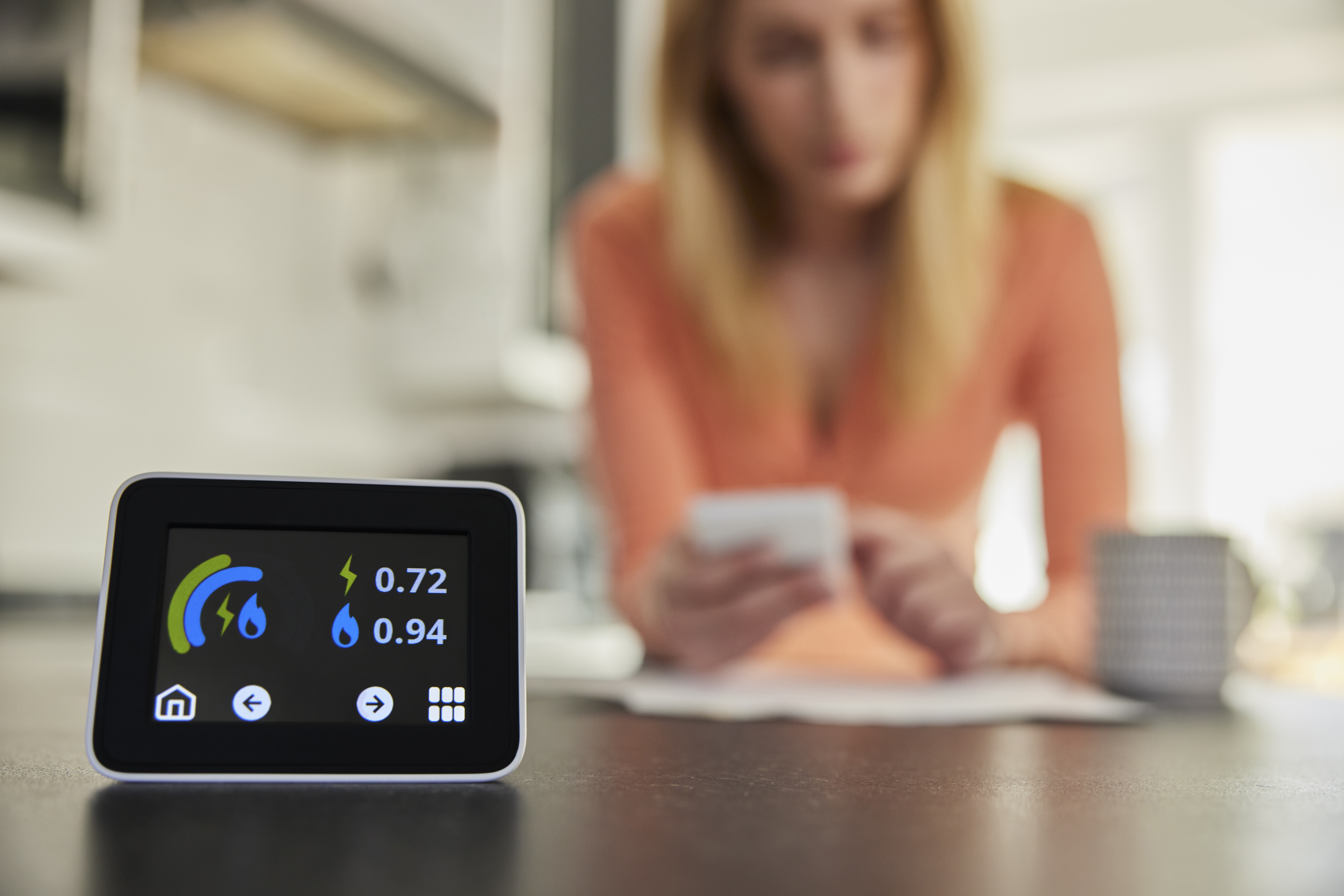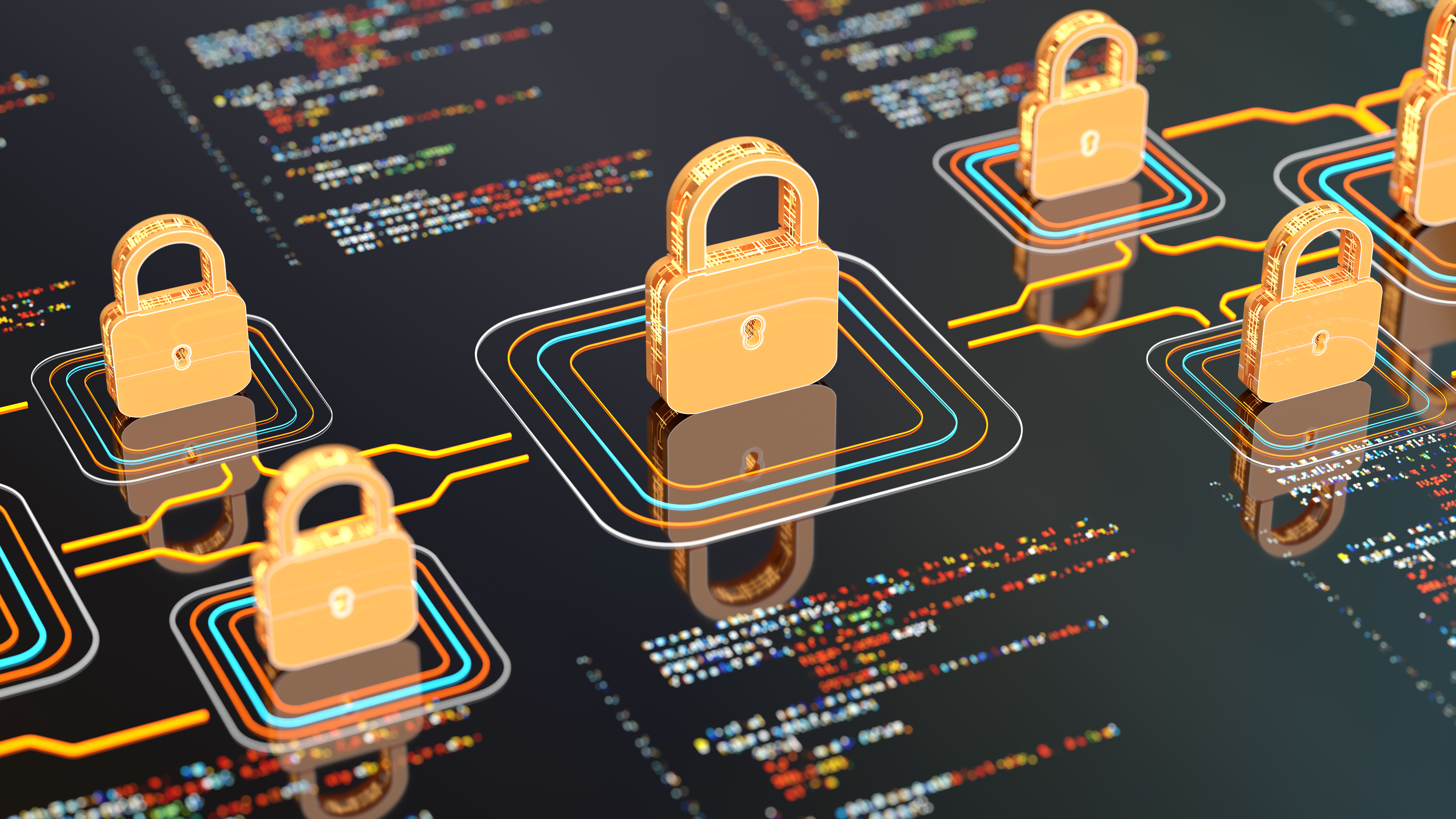Technology has been a constant enabler for change since the 18th century – evolving the way we work, live and play.
First, it was the Industrial Revolution, then mass transportation. The Computer Revolution followed, and now we have the Data Revolution – all bringing wide-ranging changes in their own right.
Now headstrong into this latest wave of change, the business world generates an estimated 328.7 quintillion bytes daily – but only a fraction of that data is actionable. However, as the world levels up its storage and computing capabilities, we can start to tackle real-world issues. Let’s explore how.
‘Data as the new oil’ is only now being fully realised

The expression 'data is the new oil' was first coined by British mathematician Clive Humby in 2006. Nearly two decades later, society now has the technological capability to fully realise this idea.
Like oil – when processed - data delivers additional value. We call this actionable information 'smart data'.
So, as we digitise the UK’s energy system, it is the use cases which leverage smart data that will deliver the most value for wider society.
DCC is helping build a flexible digital energy system which refines and processes data to respond to dynamic energy signals.
It’s this live stream of information that can balance grid demand and consumption, optimise local energy distribution in the community, and return value at the point of consumption in the home.
And this isn't a pipe dream - we’re already seeing the benefits of collaborating with this ‘smart data’ by using it in the fight against fuel poverty.
Tackling fuel poverty with AI and smart data

In England, around 13% of households are classified as fuel-poor, with Scotland at 20% and Wales at 14%, according to the latest Government figures. Affecting millions of homes, this has a knock-on effect on health and wellbeing, while potentially contributing to lower life expectancy.
To compound the issue, Great Britain has some of the leakiest homes in Europe. Simple cavity wall insulation could save a home 670kg of CO2 each year, and replacing a gas boiler with an air-source heat pump could save between 1,700kg and 2,900kg of CO2 emissions each year.
Scaling this across the country will significantly help to reduce the 26% of CO2 emissions currently produced by our homes.
But despite substantial investment, challenges persist in effectively reaching the households that benefit from energy efficiency support the most – a problem exacerbated by incomplete and outdated data.
With 30 million smart meters now in operation in Great Britain, there is a huge potential to use data to mitigate climate change and help those in fuel poverty.
We spotted a clear problem where smart meter data could help. Partnering with UrbanTide, anonymised system data from the DCC was used to create an AI-powered platform for local authorities to identify neighbourhoods with high fuel poverty rates, helping them target families in need of support.
Machine learning techniques were used to analyse these vast anonymised smart meter data and cross-sector datasets. This is the first application of AI techniques on GB-wide smart meter system data.
By better targeting support towards higher-risk areas, councils can pinpoint priority homes for retrofitting and improve the uptake of energy efficiency schemes.
Ultimately it creates warmer, more comfortable homes for communities while substantially reducing household CO2 emissions.
Extracting value from smart data with privacy in mind

Using data for the public good requires collective action and robust governance frameworks to ensure security, privacy, and accountability.
Automatic asset registration, smart meter-based IoT, and the energy data repository can all feed into this rich tapestry of smart data.
The opportunity is huge, but data must be handled responsibly with public benefit in mind.
DCC is in a regulated position of trust to ensure consumer confidence in data sharing. As custodians of smart meter data, we are underpinned by a clear consumer consent capability.
Members of the public should be able to choose how and who they consent to share data with for other use cases. Today energy consumers approve data sharing with their supplier and the distribution network operator through the energy supply agreement, but the process for sharing data with other users is cumbersome and inflexible. The DCC is working with the regulator to see how the issue of consent can be enhanced and improved for consumers.
Our work requires close engagement with the regulator, and the ICO on data rights, as well as ensuring any technology application maintains confidentiality for the consumer.
By fostering dialogue and collaboration among stakeholders, including legislators, regulators, industry players, and the public, it's possible to pave the way for more initiatives like uZero, facilitating smarter, greener living while advancing towards net zero goals.

Mike Hewitt
Chief Technology Officer, Smart DCC


